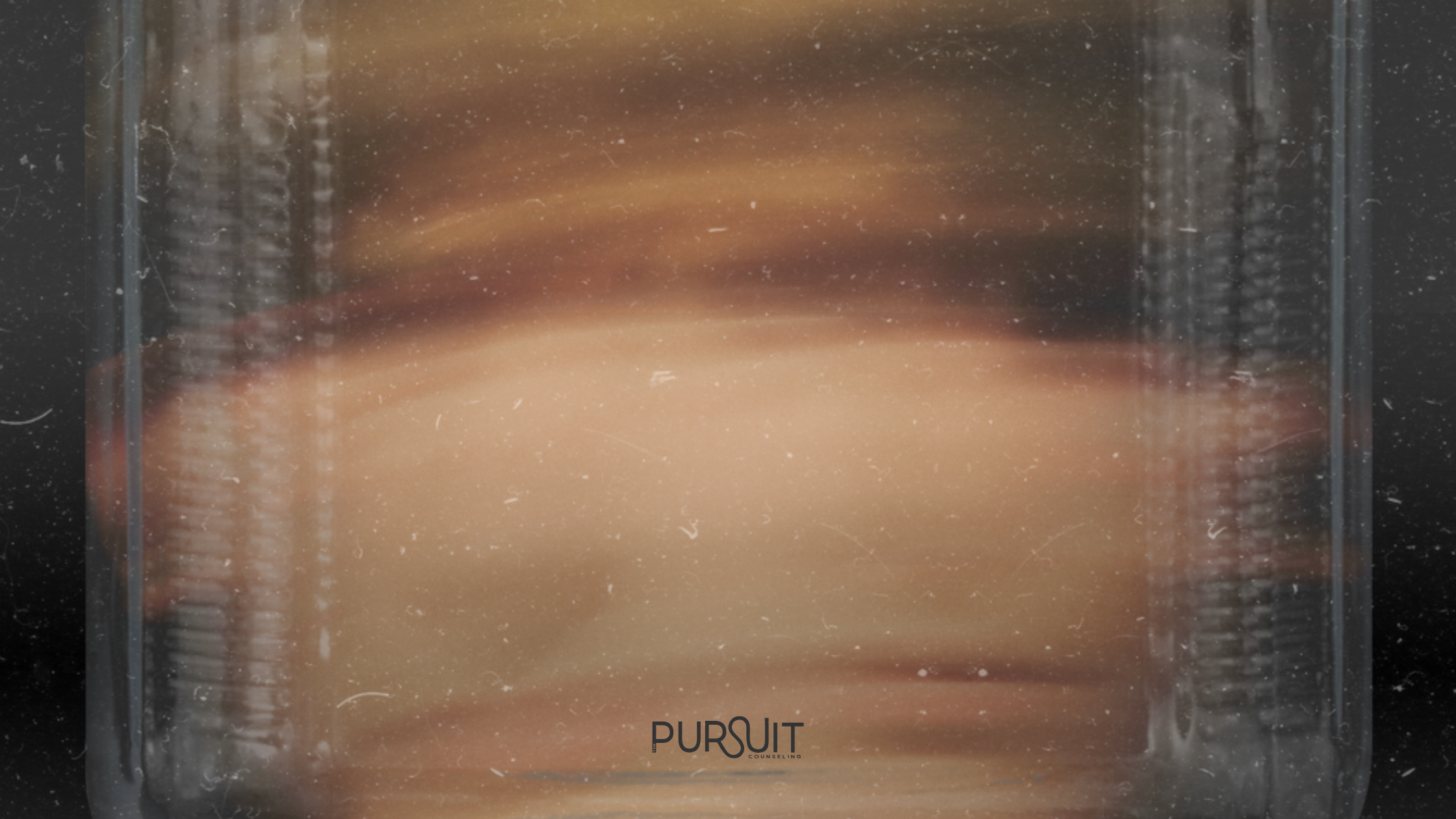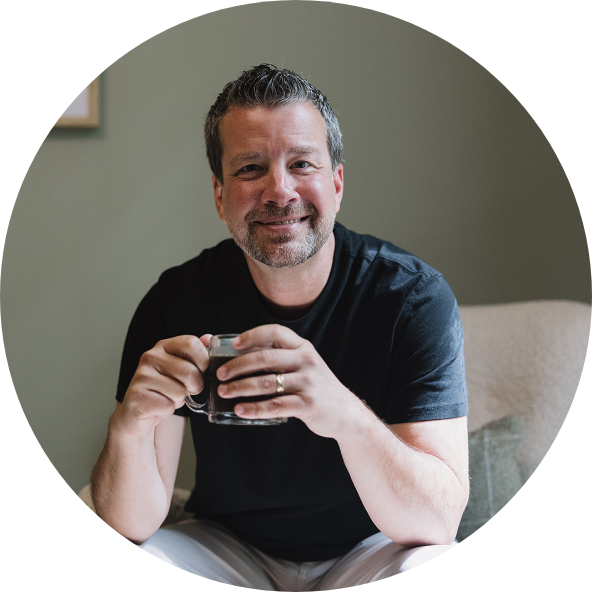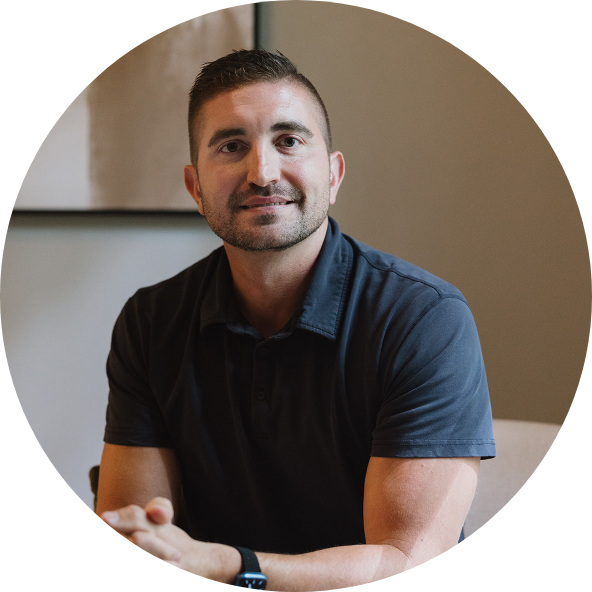You’ve probably heard of EMDR, maybe from TikTok, a podcast, or a friend who swears it helped when nothing else did.
If your first thought was, “Isn’t that the eye movement thing?” or “That sounds a little… woo-woo,” it’s not just you.
EMDR (Eye Movement Desensitization and Reprocessing) can sound intense at first. But it’s one of the most well-researched, trauma-informed therapy methods available today, and it works even if you don’t totally get it at first.
We’ve seen EMDR help people all over Fayette County and Peachtree City move through the stuff they thought they’d be stuck in forever, grief, panic, performance anxiety, childhood trauma, even the “I don’t know why I feel this way” kind of pain.
So let’s clear a few things up and walk through what EMDR actually is, who it’s for, and why it might be the very thing your brain has been waiting for.
What Even Is EMDR?
EMDR is a therapy approach that helps your brain reprocess painful experiences so they don’t stay stuck in your nervous system.
Because here’s what a lot of us don’t realize: your brain doesn’t always file trauma the way it files normal memories.
If you’ve experienced something overwhelming, whether it’s a car accident, betrayal, abuse, or even a slow-burning season of burnout or emotional neglect, your brain might’ve hit save, but never hit process.
EMDR helps your brain finish that process.
It uses something called bilateral stimulation (think gentle eye movements, tapping, or sound cues) while your therapist guides you through specific memories or emotional triggers — safely, slowly, and in a way that your brain can handle.
You stay fully awake and in control the whole time.
You’re not hypnotized.
You’re not re-traumatized.
Simply, you’re giving your nervous system a chance to do what it didn’t get to do the first time: resolve.
Who Is EMDR For?
If talk therapy has ever felt helpful, but not quite enough, EMDR might be the missing piece.
We use EMDR with clients who:
- Can name the pain but don’t feel any different
- Have already talked about their trauma, but still feel triggered
- Struggle with panic, nightmares, or emotional shutdown
- Know the why, but can’t stop the spiral
- Feel like something old is still living in their body, even if they’ve moved on mentally
EMDR doesn’t erase what happened.
But it helps unhook the emotional charge from those memories so you’re not reliving them every time they get touched.
No, it’s not just for “big T” trauma. We’ve used EMDR to help clients work through:
- School anxiety from decades ago
- Medical trauma
- Relationship betrayal
- Shame from childhood
- First responder or military stress
- The heaviness that lingers when nothing else seems to explain it
But… How Do I Know It’s Not Just Weird Therapy Stuff?
We get it. EMDR can sound strange at first.
We’ve had plenty of clients walk in with crossed arms and raised eyebrows, and we don’t blame them. Especially if you’ve never done therapy, or have tried therapy before and didn’t find a good fit.
But that’s why our therapists in Fayette County and Peachtree City take a different approach.
We start with a free, 15-minute consultation. This is a conversation to see if EMDR, or any kind of therapy, feels like the right next step for you.
Because healing doesn’t start with buying into a method.
It starts with feeling safe.
Your Brain Isn’t Broken. It’s Brilliant, & It Wants To Heal
One of the most powerful things about EMDR is what it reminds you of:
Your brain is trying to help you survive.
The anxiety is a survival tool.
The shutdown is a response to overload.
The avoidance, the perfectionism, and the chronic tension in your jaw?
All of it makes sense when you understand what your body has been through.
EMDR doesn’t fix you.
It helps you reconnect with the part of you that’s always been whole underneath the wounds.
Ready to try something that helps you move forward?
If you’re tired of feeling stuck, tired of explaining your pain over and over, or tired of pushing it down and pretending you’re okay?
We see you.
If you’re curious about EMDR, even just a little, this is your invitation to explore it.
Book your free 15-minute consult with a therapist at The Pursuit Counseling in Fayetteville, GA.
Sometimes, the biggest shifts come when you stop trying to push through, and finally give your brain the support it needs to let go.











